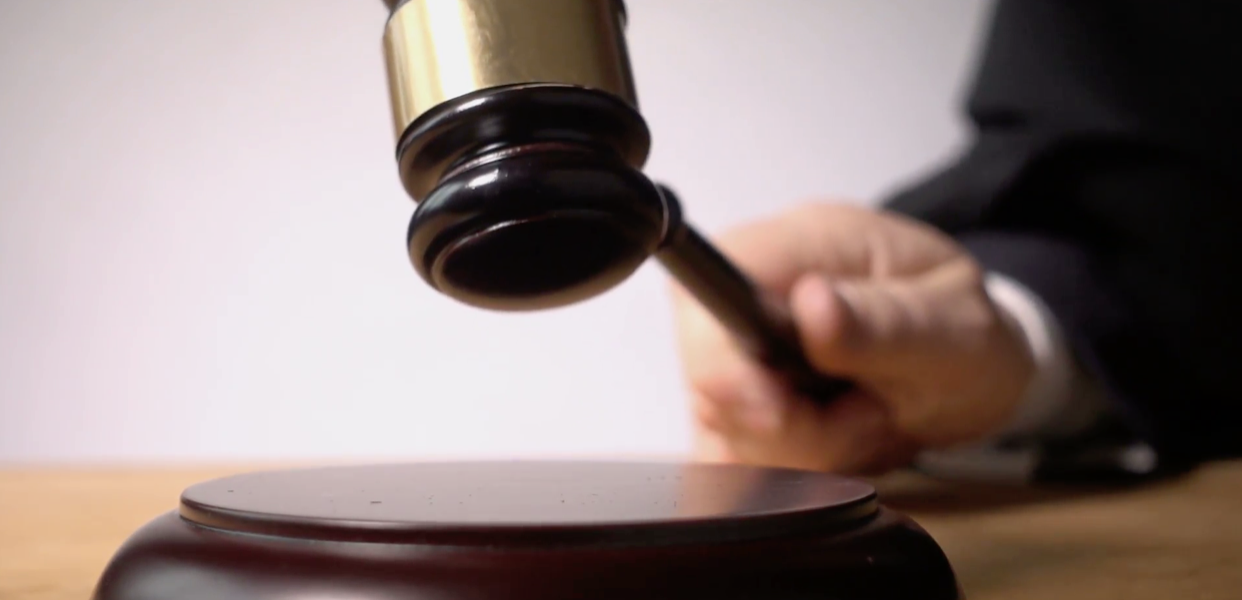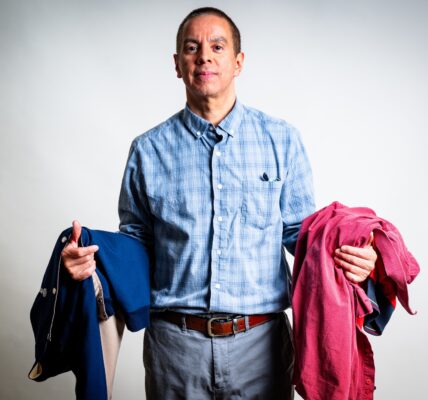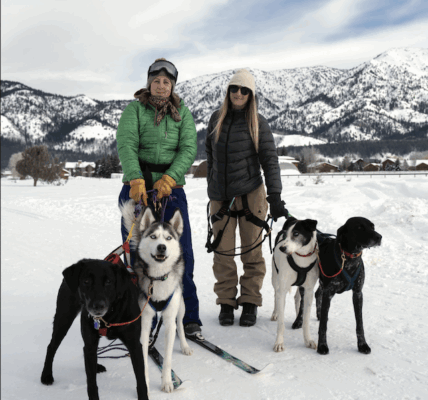By Sheila McGuire
Uinta County Herald
Via- Wyoming News Exchange
EVANSTON — The Bridger Valley man convicted last spring of first-degree murder in the 2018 death of 2-year-old Brandon Green has filed an appeal with the Wyoming Supreme Court.
Jesse J. Hartley, through his attorney Eric Phillips, has requested the conviction be overturned and remanded back to Third District Court for a new trial.
Following a several-day trial in May of this year, a jury found Hartley guilty of first-degree murder and aggravated child abuse and he was sentenced to life in prison with the possibility of parole.
Arguments in the case hinged, in part, on whether Hartley recklessly caused Green’s death through inflicting injuries that a reasonable person should have known could result in death. Testimony in the case included detailed descriptions of Green’s extensive and severe traumatic brain and other injuries, given by both pediatrician Dr. Bird Gilmartin, the physician who treated Green in the emergency room, and medical examiner Dr. Thomas Bennett, who conducted the post-mortem examination.
During trial, Uinta County Attorney Loretta Howieson-Kallas said the State was not claiming Hartley set out to kill Green on the date of his death, but rather that in the act of perpetrating aggravated child abuse Hartley recklessly inflicted injuries severe enough to kill the child.
In the appellant brief led with the Wyoming Supreme Court on Friday, Nov. 1, Phillips asserts the jury should have been given instructions to allow them to consider lesser charges besides the first-degree murder charge, including criminally negligent homicide or involuntary manslaughter.
The brief states Hartley’s attorney during the trail, public defender Kent Brown, proposed jury instructions that included both criminally negligent homicide and involuntary manslaughter, but Judge Joseph Bluemel denied both.
The argument in the brief states “it is likely that the jury may have concluded based on the evidence presented during the trial that Mr. Hartley failed to perceive the harm that could arise from his behavior” and opted to convict on a lesser charge than first-degree murder. Further, the brief argues that Bluemel’s decision to deny including alternative lesser charges resulted in Hartley receiving an unfair trial.
In addition, the appeal brief claims that prosecutor Howieson-Kallas improperly referenced Hartley’s silence during the investigation and shared her personal opinions on Hartley’s behavior during the State’s closing argument, both of which resulted in due process violations.
Howieson-Kallas is quoted as saying Hartley offered no explanation for how evidence was found in various areas or how some of Green’s injuries occurred, which the brief argues are clear violations of the right to remain silent.
“Mr. Hartley, as the defendant, does not have an obligation to offer evidence or explain the evidence presented. However, the prosecutor’s erroneous statements gave the jury the impression that Mr. Hartley did have an obligation to offer evidence to either explain or refute the evidence presented by the State.”
The brief also references legal precedent that states a prosecutor may not “express her personal beliefs or opinions about the evidence,” which, it is argued, Howieson-Kallas clearly did during closing arguments. The appeal documents claim these statements violated Hartley’s right to a fair trial and there is a “reasonable probability that the jury may have decided differently” if not for the “errors on behalf of the State.”
The State will now have to file a response to the appeal.






